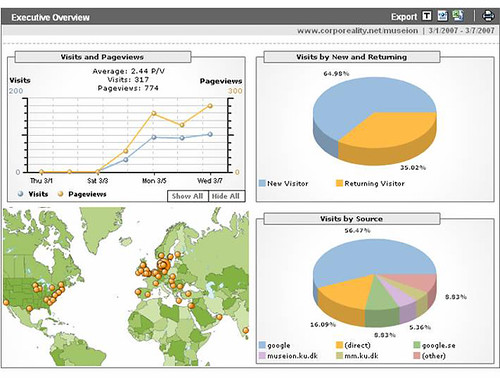One of the central features of museums is that they are venues for the visitors’ emotional confrontation with the past. Material objects add a new affective and aesthetic dimension to the relation between spectator and ‘representations’ of the past which can be described in terms like ‘authenticity’, ‘presence’ and ‘lived experience’. Those interested in such problems of historiography and museology may want to take a trip to Cambridge (UK) on 21 March to participate in a meeting on ‘Re-enactment History and Affective Knowing’ organised by Peter de Bolla and Simon Schaffer.
The last decade has witnessed the growth of a new kind of academic historical inquiry, re-enactment history. This inquiry has something in common with older traditions of historical empathy, approaches familiar from debates about history teaching in schools and about the appropriate ways of dealing with and exploiting national heritage. But in these newer approaches historians do not only seek imaginatively to enter the minds of historical agents but rather to act out the past so as to know it better. This enterprise raises fascinating questions about affect or emotion, currently topics of great interest in related fields in intellectual history, philosophy, aesthetics, cognitive science and the human sciences: it has even been suggested that a new branch of knowledge may be appearing, called by some the affective sciences. This conference will contribute to this growing field by discussing the conceptual structure of the historical modes of understanding based in affective experience. Speakers will discuss the kinds of knowledge involved in re-enactment history and explore the relations between memory and re-enactment. They will ask how a simulation can produce new knowledge and how notions of lived experience and authenticity work their effects here. Key areas where re-enactment history have been put to work, such as histories of experimental and field sciences, within museums, and in the media, will be addressed by participants. A group of internationally distinguished historians and literary scholars has been invited to present papers, each of around twenty minutes. There will be ample time for discussion and debate.
Speakers include John Brewer, Jim Chandler, Elizabeth Edwards (University of the Arts), Jonathan Lamb (Vanderbilt), Iain McCalman (Australian National University), Vanessa Agnew (Michigan) Otto Sibum (MPI Berlin), Jim Secord (Cambridge), Alison Winter (Chicago), and Mark Phillips (Carleton). For more info check out CRASSH’s website.


